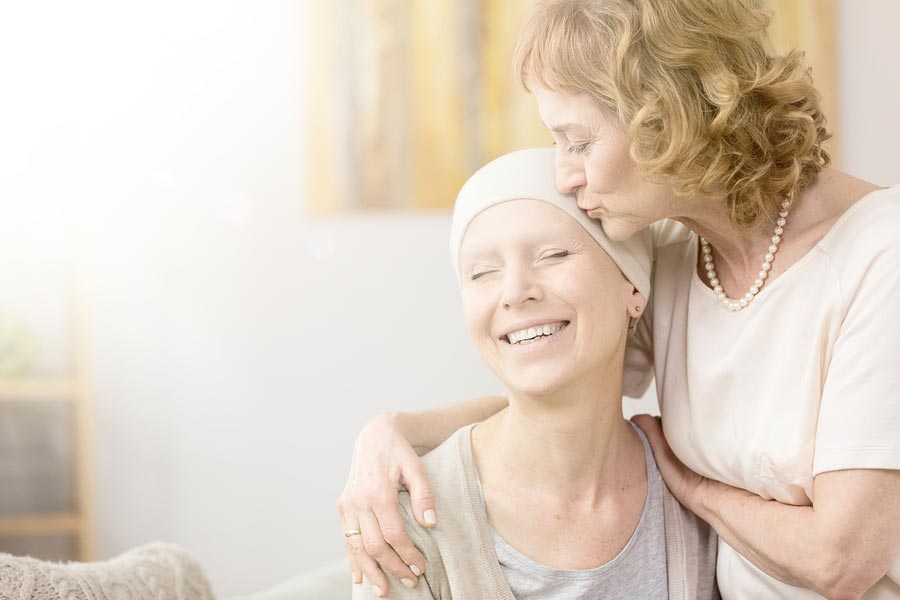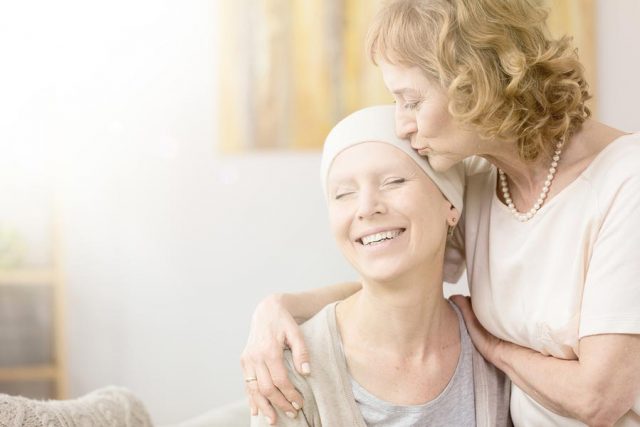Medically Reviewed by Beth Hendrickson, RN

In so many ways, cancer is an overwhelming disease; as much an emotional roller coaster as a frightening physical process. Confusion is a natural by-product of diagnosis. There is so much advice, so many options and such a wave of emotions, it’s easy for a patient to get lost in the process and essentially become a bystander in their own treatment. It doesn’t have to be this way.
Nancy Dahm, an RN cancer specialist and author of Mind, Body andamp; Soul: A Guide to Living With Cancer, says it all boils down to education and attitude. “Too often, cancer patients lose sight of the fact that to a large degree, they can be in control of their own care,” says Dahm. Ignorance and lack of understanding breeds fear. Gleaned from her experience in caring for hundreds of cancer patients and witnessing so many patients get swallowed up by the process, Dahm has developed a type of “cheat sheet”: tips patients can follow to cut through the maze and dramatically improve both their attitude and care. Some of Dahm’s suggestions include:
Education
Patients need to quickly become their own cancer expert. Study the literature concerning the type of disease you have, and mobilize your own network of friends and family to do online and offline research. A few good starting points: the websites of Memorial Sloan Kettering, American Cancer Society and the University of Pennsylvania.
Don’t Settle
Not all oncologists are the same, and chances are good there is a physician specializing in your type of cancer. Get timely treatment from the right specialists.
Be Proactive
Remember that you hold all the cards! Cancer is the only disease in which the patient makes all treatment decisions. Ask questions, and then ask more questions andamp; and always get a second opinion! Be your own best advocate.
Understand Pain Management
90% of cancer-related pain can be controlled! By understanding pain management rules you can help ensure that your pain is kept to a minimum.
Keep Your Options Open
Home care can be a cost-effective and viable alternative to hospitalization. Benefits include reduced stress, quality family time and better living. Give yourself an attitude adjustment Remember: there are 8 million cancer survivors! A cancer diagnosis should not automatically make you believe you are going to die or have limited life expectancy. New treatments and breakthroughs occur all the time. Remember that hope springs eternal.
Don’t Be Passive
Don’t underestimate the power of the human spirit. “Becoming passive about your care and removed from decision-making only increases your anxiety,” notes Dahm.
Stay Involved
Staying involved, educated and informed makes you feel more in control, and better able to rationally deal with your diagnosis.
Did you find this article helpful? Join us at HealingWell for support and information about Breast Cancer and Prostate Cancer. Connect and share with others like you.
Nancy Dahm, RN is a registered nurse who specializes in cancer care and author of the book Mind, Body and Soul: A Guide to Living With Cancer.




